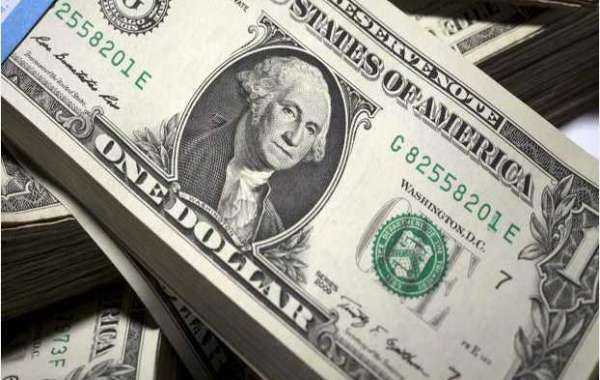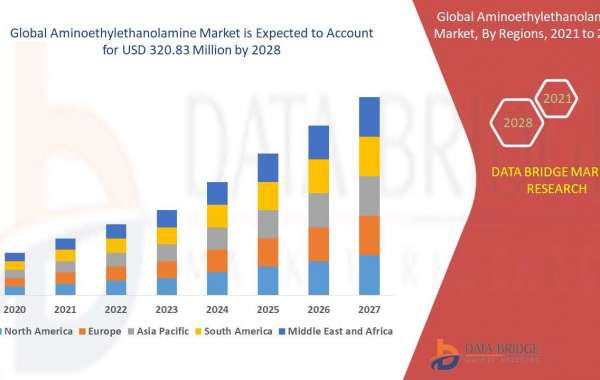JPMorgan Predicts that the Finances of United States Citizens Will Stumble
Marko Kolanovic, senior stock strategist at JPMorgan Bank, this week revealed the projection that most Americans have run out of savings used during the Covid-19 pandemic. Liquid assets such as deposits and money market funds owned by most Americans will be below 2019 levels in 2024.
"It seems that only 1 percent of consumers' income will be better than during the Covid-19 pandemic," said Kolanovic. He noted there has been a recent surge in the use of credit cards and auto loans as well as a rise in the number of people filing for bankruptcy protection.
According to JPMorgan's previous calculations, the highest record for Americans who still had excess savings occurred in August 2021 with a value of USD 2.1 trillion (Rp. 32,703 trillion). However, in October 2023, that number will fall to around USD 148 billion (Rp. 2,304 trillion).
JPMorgan explained that this trend came from tightening requirements for applying for credit, an increase in interest rates, the termination of stimulus and assistance programs during Covid-19 and inflation that was above average for a year. Kolanovic noted the housing market is much more stable despite rising borrowing costs because consumers want low interest rates.
"It's just that existing home sales have fallen to a record low and around USD 6.5 trillion in commercial real estate debt is still hanging in the balance," Kolanovic warned.
Meanwhile, the United States central bank said that the credit card debt of the United States people this year continued to increase or marked an eighth quarter year-over-year increase every three months until September 2023. A number of researchers noted that there would be more households in the United States who experiencing difficulty in managing their debt amidst persistently high inflation and rising interest rates, which can tend to signal real financial stress.










